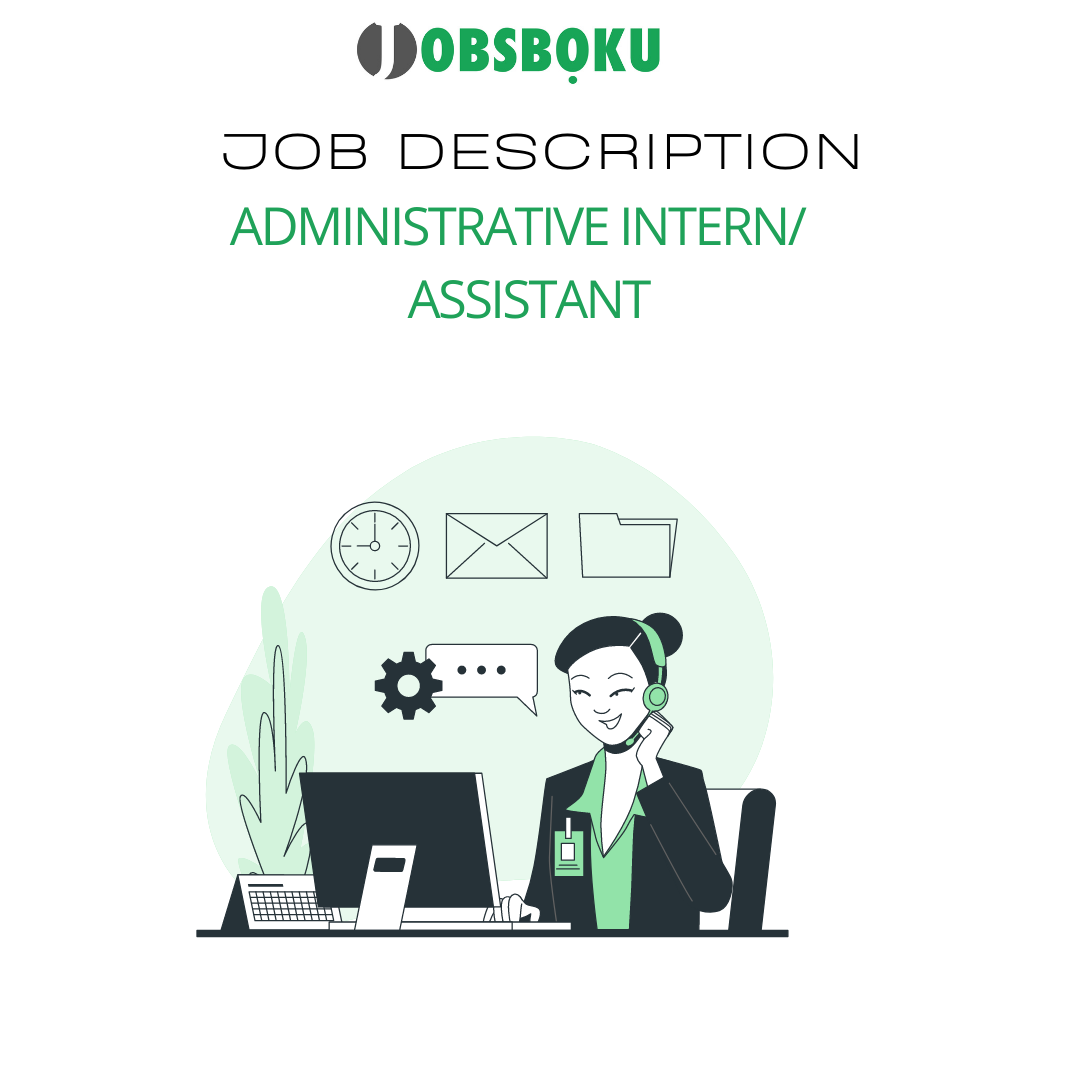Avoiding a Toxic Office Environment

It’s no secret that
happy employees are more productive. Yet, creating a work environment that
makes this a reality can seem like a tall order. This guide offers several tips
to help you foster a positive, productive work environment in your cafe.
What Makes a Work Environment
Toxic?
A workplace plagued by negative
behavior, such as infighting and belittling language, inevitably leads to a
decrease in productivity. You may have a toxic work environment if you see any
of these warning signs:
a. Your employees seem fatigued and frequently call in
sick. This
may indicate a high-stress workplace because stress can lead to illness.
b. Gossiping, rumors, and negativity play a prominent
role in
your employees’ conversations or they exhibit clique-like behavior — all of
which can reveal the presence of toxicity in coworker relations.
c. You experience high turnover rates or a
pattern of staff quitting before completing a full year of employment — both
typically imply a degree of unhappiness in the workplace.
d. Your employees show little to no enthusiasm —
especially if they previously exhibited greater engagement in their job
performance. This can signal an increase in workplace toxicity.
Tips
on How to Avoid Toxic Work Environment
v Establish a strong organisational
culture.
Every
organization has a vision, mission and core value statements. The problem is
that few organizations have created an integrated and systematic methodology
for teaching employees what these statements mean and then holding them
accountable to acting out these statements in their daily behaviors. Outline
cultural characteristics prior to hiring—then look for shared culture in
potential employees. Hire people who align with your values. Just like culture,
values are often established. If you can articulate your core values and be
direct during your employee search, you will have greater success avoiding
conflict day to day. When the team understands the values of the company and
believes in them, communication and performance fall in line more easily.
v Encourage an Open Office Culture
If your
employees are hesitant to approach you for help, there’s a good chance that it
is fear holding them back, not awe. While boundaries are important in
maintaining your role as a leader, it also pays to encourage your employees to
approach you with their concerns or if they need assistance. You might find
that they have good ideas to share, but were afraid of being criticized.
All in
all, fostering a harmonious working environment is not as straightforward as
simply following these tips closely. By keeping the lines of communication open
and fostering a collaborative work culture, you can turn a toxic workplace into
a dynamic environment where employees are happy, motivated, and engaged with their roles.
Reiterate to your team
that when they have an issue or concern, they can always set a time to talk to
you.
vAllow people the opportunity to
learn
Providing information
and the ability to learn is essential to the growth and development of your
team. Investing in your team takes time and money. People need training and support throughout their careers – both as
individuals and as teams – to develop their skills and to continue to work
effectively. It also takes the right people with a great attitude who
are open to learning new things.
v Seek a workplace that matches your
culture and values.
Candidates
are seeking workplaces where they can intertwine their beliefs with those
of the company, and work together on a common vision of purpose and success. As
leaders grapple with how to recruit top candidates and retain employees, they
must rethink how they’re shaping and building a culture that unites people around
a common cause. Great culture should provide continuous alignment to the
vision, purpose, and goals of the organization. You will only
reach your true potential if you look for an office culture that matches your
core values. Identify what you value most in a workplace and don’t compromise.
Seek out employers who post job descriptions that include their core values and
articulate yours during your interview.
v Learn from your Mistake
"A
smart man makes a mistake, learns from it, and never makes that mistake again."– Roy H. Williams (1958-), U.S. author and marketing expert.
Understanding that people make mistake is important to
keep in mind. Think back to the last mistake that you made at work. Even if it was a
minor one, like spilling coffee on a document seconds before you were due to
present it, you'll likely have felt a rush of panic and then had the
inconvenience of putting things right.
No one is
immune to making mistakes – we are human, after all! But if we simply apologize
and carry on as before, we're in danger of repeating the same errors. When we don't learn from our mistakes, we inflict unnecessary stress on
ourselves and on others, and we risk losing people's confidence and trust in
us. In this article, we look at how to ensure that we take those lessons on
board, and then use what we learn.
v Strive to be the Best at what you
do.
Often time doing our
best has not always been without its own form of challenges still always ensure
that you are diligent with assigned task and just focus on doing your best job.
Being the best at what you do is how you win at work. Always learn be a good
team player, but remember you have a voice and it’s important to use it to help
the team succeed.
Tips on how to be the
best and avoid being Toxic at the Workplace
Don't sit in your
cubicle or workstation and never emerge unless it's for a bathroom break or to
leave for the day. Opportunities won't find you there – you need to get to know
people in your department and throughout the organization. By looking for
opportunities and connections to further your skills and help your
company, you will keep moving forward no matter where you work.
2. Be organized
There are a multitude of
technology tools and apps to help you stay organized, but even the old-fashioned
day planner can make a real difference in keeping your priorities straight and
ensuring you meet deadlines. Choose an organizational method that is flexible
enough to adapt to your boss's changing priorities and includes a follow-up
system so tasks don't fall through the cracks.
3. Focus on goals
Funny memes, basketball
brackets, and beer in the break room are just a few of the things that can
distract you at work – not to mention the colleague who seems to be dumping
unwanted tasks on you. Whether your workplace culture is casual or more
buttoned-up, it's going to be up to you to make sure you don't get off
task and distracted from meeting your goals. If necessary, have a list
nearby of your boss's goals for you and some career development goals you have
for yourself.
Many bosses don't like
to give feedback because they find it difficult to discuss the performance of
an employee. They may be unsure how you will take it. Will you cry? Yell? Quit?
If your boss isn't regularly meeting with you (and he/she should be), set up a
time to talk and explain you want to ensure you're meeting expectations. When
feedback is offered, pay attention and immediately try to incorporate it into
your performance. If feedback is ongoing from your boss and your colleagues,
you will have a better chance of correcting performance issues before they
become a detriment to your career.


